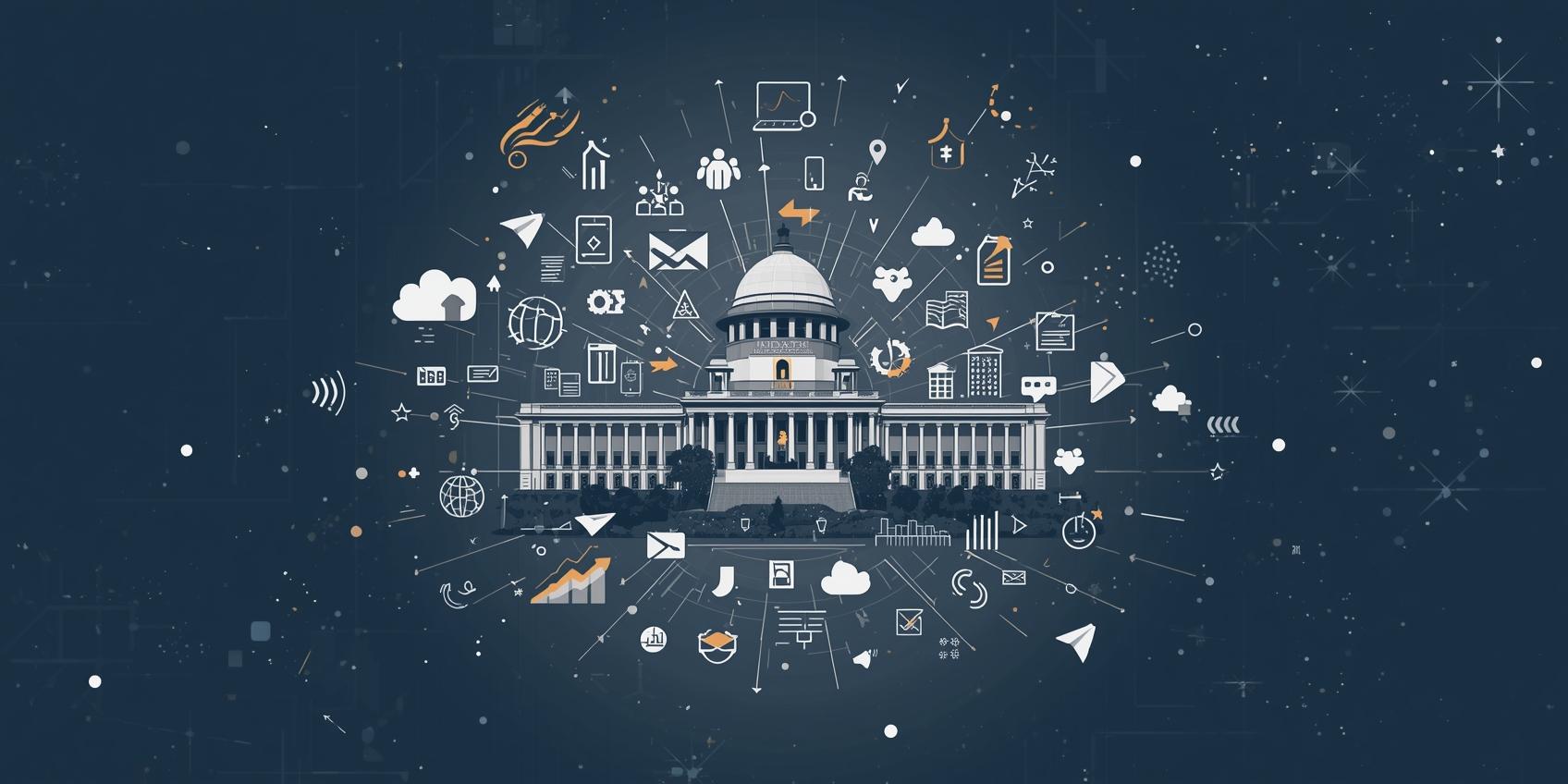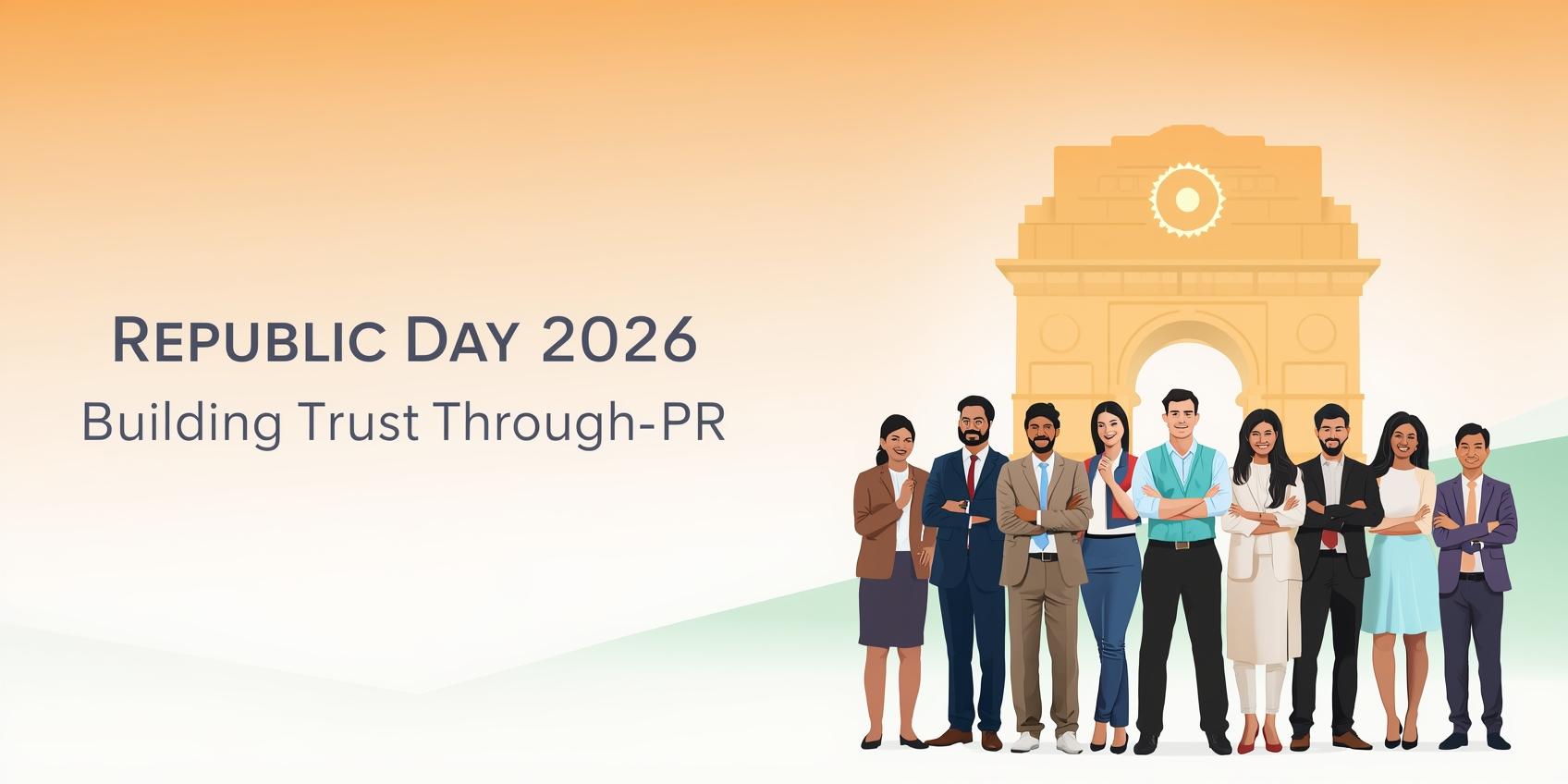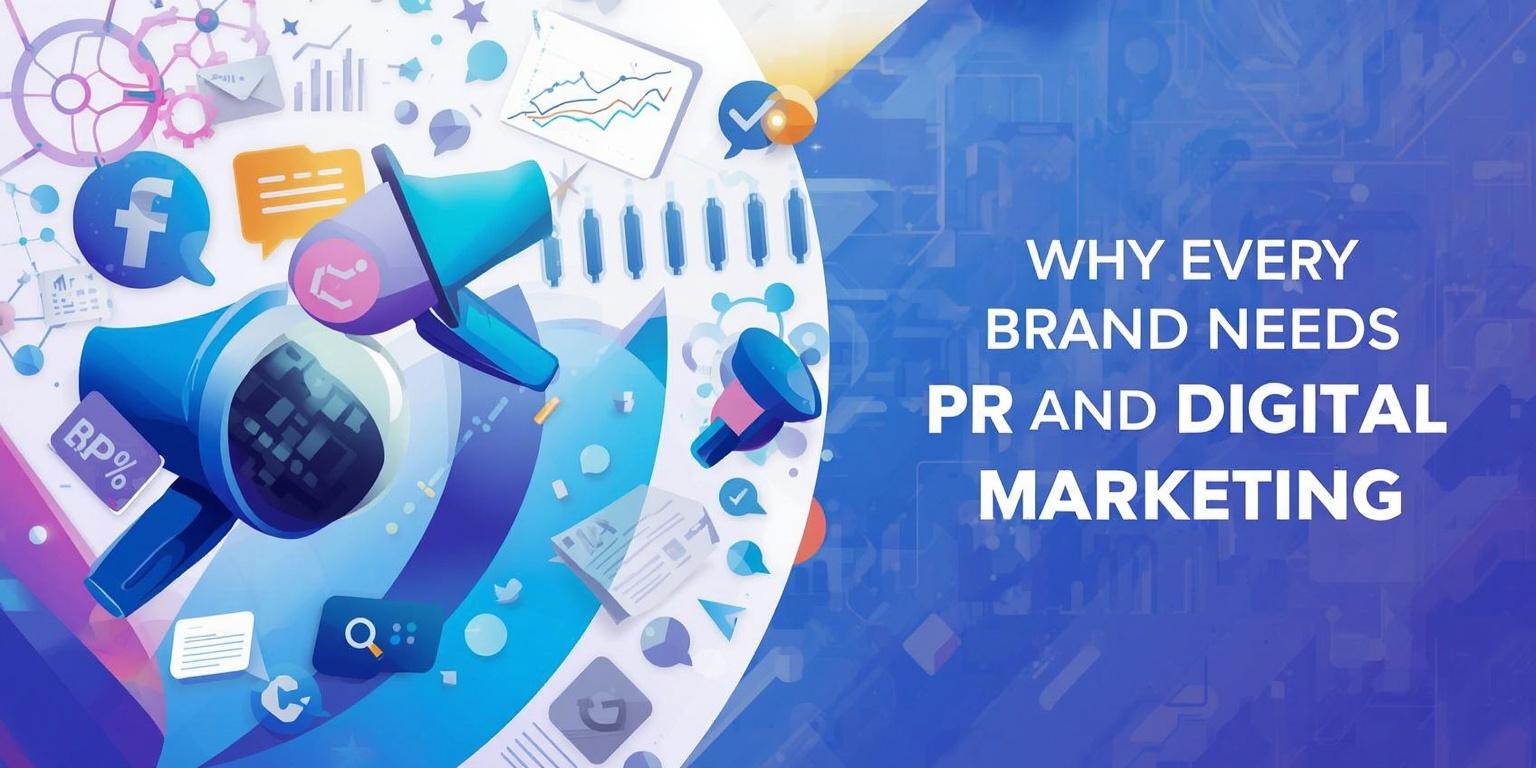In a time characterised by the dominance of digital information, the rise of fake news poses a significant challenge for Generation Z (Gen Z). According to a report by “The 23 Watts,” a communication consulting firm, a staggering 59% of Gen Z individuals fall prey to sensationalism, leading them to unknowingly share false information. This alarming trend underscores the pervasive influence of misinformation in shaping perceptions and opinions.
The report further reveals that 62% of Gen Z individuals in Delhi recognise the detrimental effects of fake news, acknowledging its role in manipulating public perception and damaging reputations. Shockingly, 80% of the population admits to altering their viewpoints based on fake news, highlighting the profound impact it has on shaping public discourse.
During crucial national events such as elections, the prevalence of fake news escalates, with 90% of Gen Z individuals encountering false information. More concerning is the fact that 91% believe fake news can sway voting decisions, highlighting its potential to undermine the democratic process.
In response to this growing menace, there is an urgent need for concerted action from both governmental and societal fronts. Tighter policies and regulations are imperative to curb the spread of fake news and hold perpetrators accountable. Additionally, educational campaigns aimed at promoting digital literacy and spurring critical thinking skills are essential to empower Gen Z individuals in discerning fact from fiction.
One proposed solution is the establishment of a national fact-checking system to verify the authenticity of information circulating online. By equipping Gen Z with the tools to navigate the digital world responsibly, we can mitigate the harmful effects of fake news and safeguard the integrity of public discourse.
As stakeholders in this fight against misinformation, every citizen must play a role in promoting truth and accuracy. Anima Marcomm, a leading communication firm, stands ready to disseminate factual content and educate our youth on distinguishing credible sources from misinformation. Together, we can empower Gen Z to combat the onslaught of fake news and contribute to the realisation of a more informed and resilient society.







